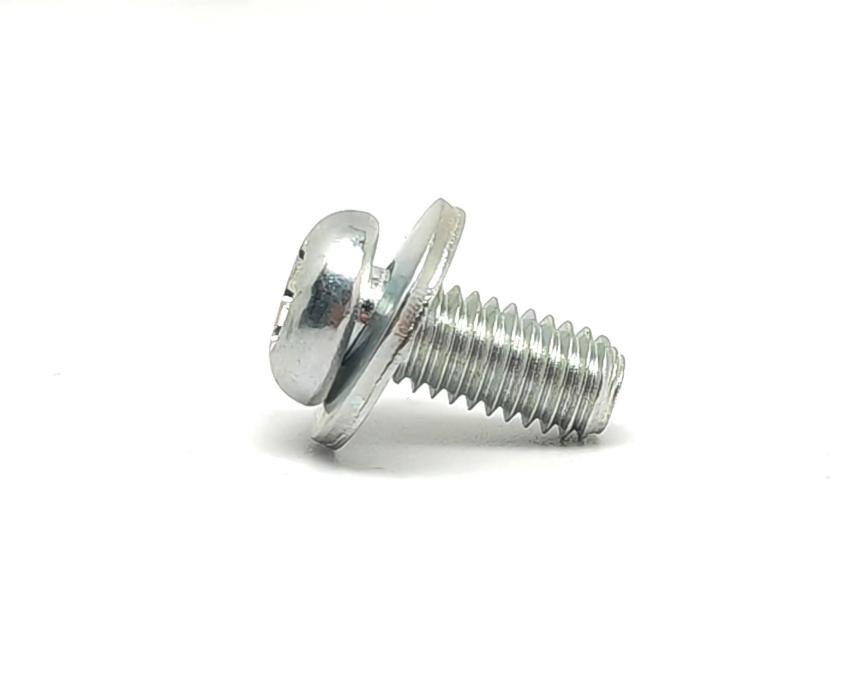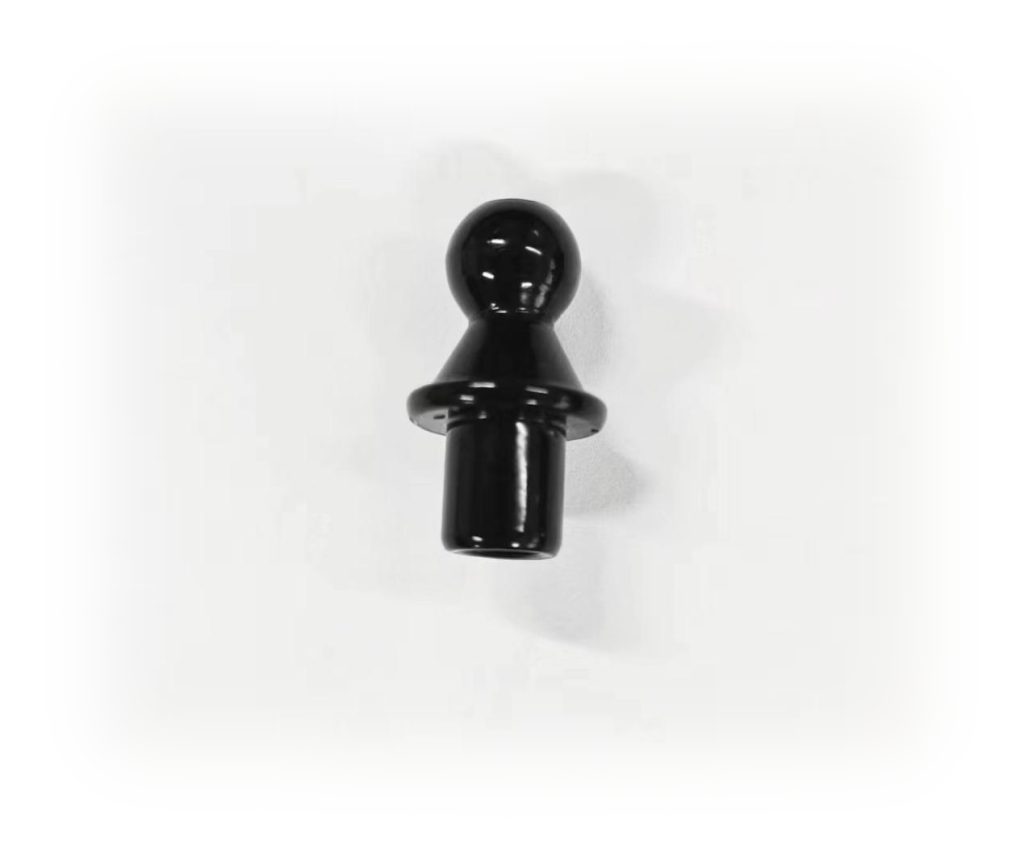Aluminum Fasteners: What Are the Different Types and How to Choose?
Fasteners are essential components in construction, manufacturing, and various DIY projects. They come in a wide range of materials, each suited for specific applications. Aluminum fasteners are gaining popularity due to their lightweight, corrosion-resistant, and aesthetically pleasing qualities. In this article, we will explore the different types of aluminum fasteners and offer guidance on how to choose the right one for your project.

What are the Types of Aluminum Fasteners?
Aluminum fasteners come in various forms to meet the diverse needs of different applications. Here are some of the most common types:
- Aluminum Screws: Aluminum screws are versatile and widely used in various industries. They are known for their corrosion resistance, making them ideal for outdoor and marine applications. You can find aluminum screws in various head styles, such as pan, flat, and oval, and with different drive types like Phillips, slotted, or hex.
- Aluminum Bolts: Aluminum bolts are designed for applications where high strength and durability are required. They come in a range of sizes, lengths, and head styles, making them suitable for structural and mechanical assemblies. They are often used in the aerospace and automotive industries.
- Aluminum Nuts: Aluminum nuts are used in conjunction with bolts and screws to create strong connections. They are lightweight, corrosion-resistant, and commonly found in aerospace, automotive, and marine applications.
- Aluminum Rivets: Rivets are used to create strong, vibration-resistant connections. Aluminum rivets are lightweight and corrosion-resistant, making them a preferred choice for aircraft, automotive, and construction industries. They come in various types, including solid, blind, and pop rivets.
- Aluminum Washers: Washers are used to distribute the load over a larger area and prevent damage to the connected surfaces. Aluminum washers are available in various sizes and thicknesses, ensuring proper load distribution and protection against corrosion.

How to Choose the Right Aluminum Fastener?
To choose the right aluminum fastener for specific applications, you need to consider the following factors:
- Load or stress: How much weight or force will the fastener need to support?
- Strength: What is the tensile strength and yield strength of the fastener?
- Resistance properties: What type of environment will the fastener be exposed to? Is it important for the fastener to be corrosion-resistant, heat-resistant, or wear-resistant?
- Temperature: What temperatures will the fastener be exposed to?
- Environment: Will the fastener be exposed to harsh chemicals or other corrosive elements?
- Cost: How much are you willing to spend on the fastener?
Once you have considered all of these factors, you can start to narrow down your choices. Here are some specific tips for choosing the right aluminum fastener for different applications:
- Structural applications: For structural applications, such as beams, columns, and frames, you will need to choose a fastener with high strength and ductility. 6000 series aluminum alloys are a good choice for structural applications.
- Architectural applications: For architectural applications, such as siding, roofing, and windows, you will need to choose a fastener with good corrosion resistance and machinability. 5000 series aluminum alloys are a good choice for architectural applications.
- Electrical and electronics applications: For electrical and electronics applications, you will need to choose a fastener that is non-conductive and has good electrical insulation properties. Anodized aluminum fasteners are a good choice for electrical and electronic applications.
- Food and beverage applications: For food and beverage applications, you will need to choose a fastener that is non-toxic and has good corrosion resistance. 3000 series aluminum alloys are a good choice for food and beverage applications.
- Marine applications: For marine applications, you will need to choose a fastener that is highly resistant to corrosion. 5000 series and 6000 series aluminum alloys are a good choice for marine applications.

Conclusion
Aluminum fasteners are an excellent choice for various applications, offering lightweight, corrosion-resistant, and visually appealing solutions. Understanding the different types of aluminum fasteners and their characteristics is crucial in making the right selection for your project. By considering material compatibility, application requirements, corrosion resistance, strength, aesthetics, size, length, quantity, and budget, you can ensure that your choice of aluminum fastener will meet the demands of your project effectively and efficiently.








